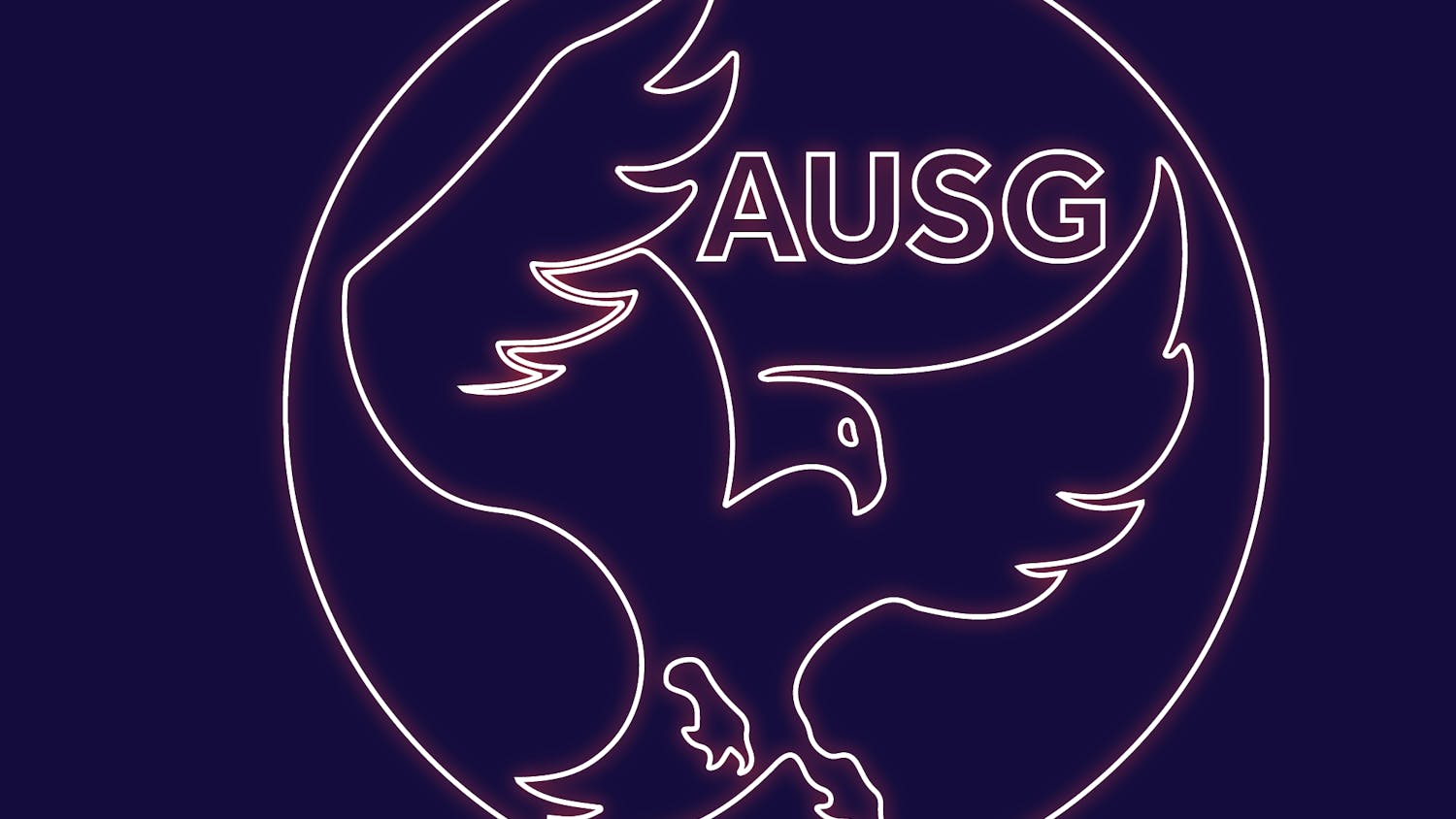AU did not make Business Week's "50 Most Expensive Colleges" ranking, but nearby George Washington University and Georgetown University were among the top three on the list.
For the first time in two years, GW is no longer the most expensive college in the nation, at $50,357 per year, but is now in the No. 2 spot. Sarah Lawrence College in Bronxville, N.Y., with a price tag of $53,454 per year, including room and board, tuition and additional fees, topped the list.
Georgetown ranked as the third most expensive college at $50,275 per year. Other colleges that made the top 10, in order, are Vanderbilt University, University of Chicago, New York University, Carnegie Mellon University, Johns Hopkins University, Boston College and Bard College.
AU costs an average of $45,701 per year, including room and board and tuition costs, but not additional costs such as books and other personal expenses, according to College Board's Web site.
Leah Rosenzweig, a junior at Georgetown, said she is getting a great education, but in general, thinks college costs too much money.
"Although less expensive than GW, I don't believe Georgetown is appropriately priced," she said. "Like many other universities across the country, Georgetown costs much more than the average American student and family can afford."
GW's average financial aid package is $34,031 per year, but less than half of students who apply for aid receive the amount of money they actually need. The average GW student will have incurred $30,817-worth of debt by the time they graduate, according to the College Board's Web site.
At AU, more than half of incoming freshman were granted financial aid, with an average package of $21,282 per year, according to the Web site. However, information on how much debt the average AU student accumulates by graduation is not currently available.
Jaime Hyde, a junior at GW, said she does not receive financial aid from her school, nor has she taken out any loans in order to pay for tuition. However, she said she feels that she is not getting what she pays for.
"I think the teachers aren't good enough, we're not getting enough academic support, and we still have to pay for a lot of extra things on top of our tuition," Hyde said.
She said if students decide to take certain classes, like particular physical education programs, they must pay extra fees.
"I have no idea why our school is so expensive," she said.
Peter Zuk, a senior in the School of Public Affairs, said he receives financial aid from AU in the form of a federal loan and private loan. He said as long as he gets a job after graduating, he isn't particularly worried about debt.
"I should be able to pay it off," Zuk said. "But it is a hindrance nonetheless."
He also said he thinks compared to what GW's students pay, AU students are getting a deal, as D.C. is the best resource for college students. However, AU is still too expensive because other colleges offer similar opportunities at a lower price, he said.
College prices will continue to increase as long as the economy continues to decline, according to a report the College Board released Oct. 29.
The Eagle was referred by Financial Aid to Media Relations, who did not respond for comment.
You can reach this writer at news@theeagleonline.com.




